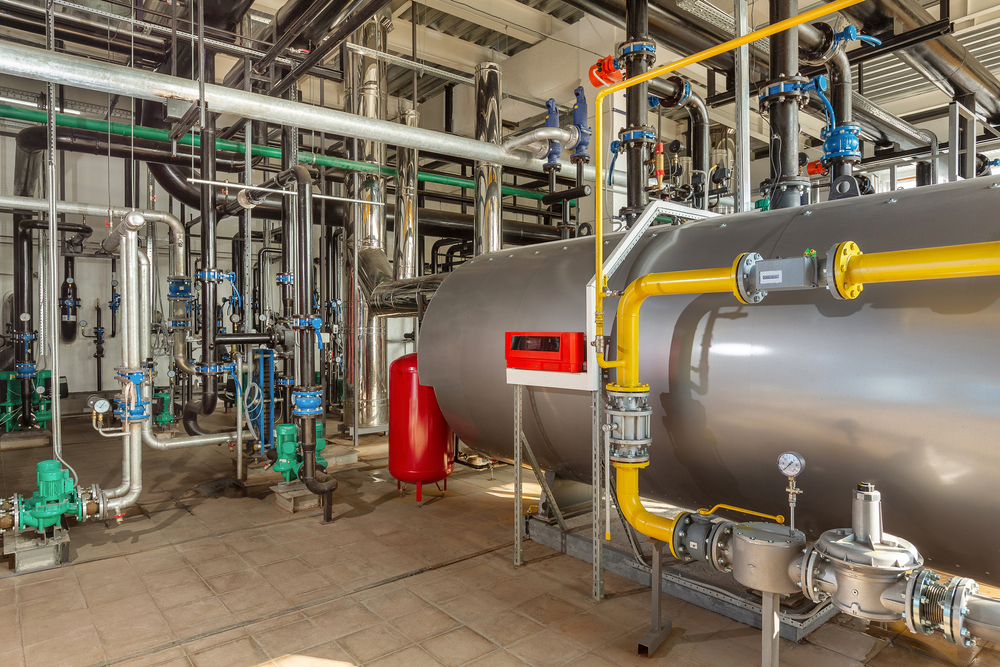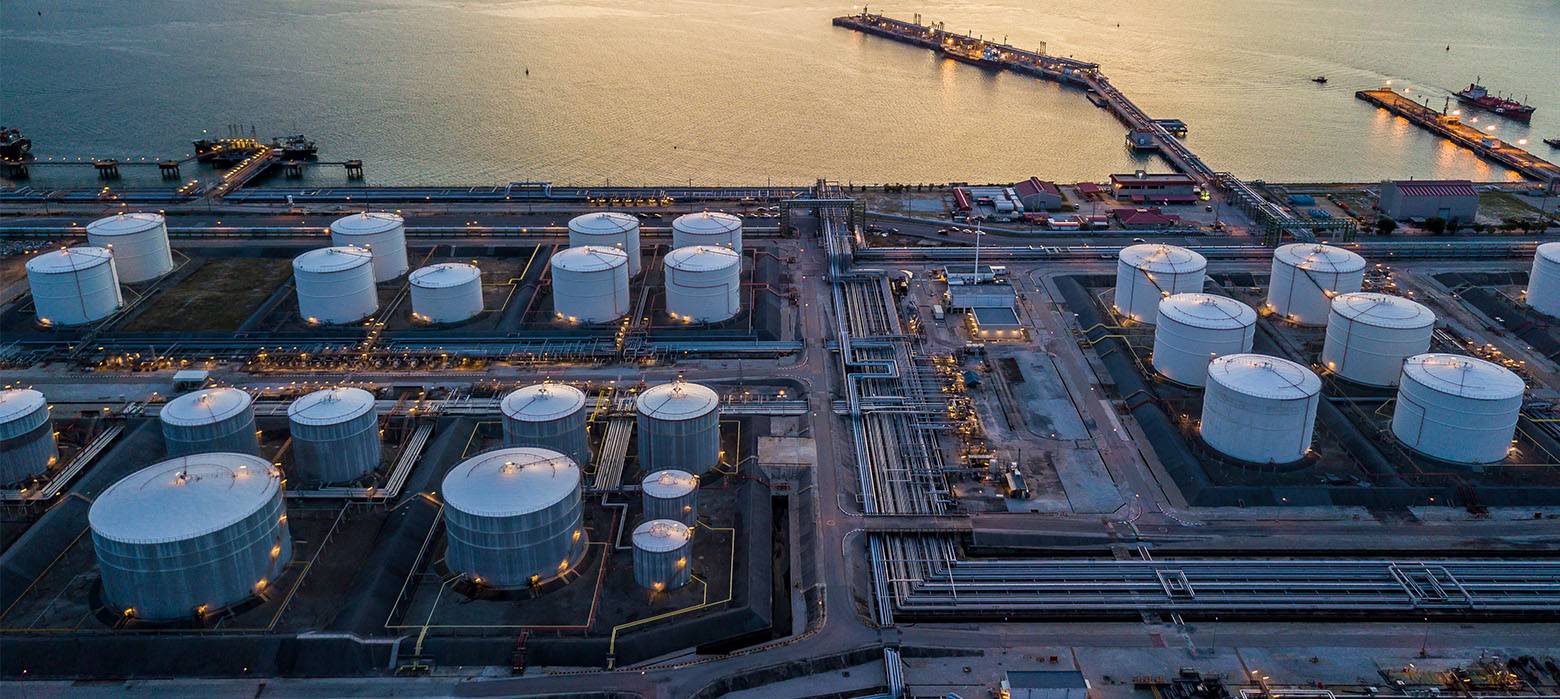
- admin
- February 16, 2021
An Introduction to Industrial Hot Water Storage Tanks
Commercial hot water reservoirs are extensively used to preserve thermal energy for district cooling applications, district heating, and electrical grid systems. This immensely useful technology is known as Thermal Energy Storage (TES). TES industrial hot water storage tanks allow district cooling systems to transfer their cooling load from on-peak to off-peak hours.
Equipped with these state-of-the-art tanks for storing thermal energy, electric grid systems are also able to improve their stability while preventing peak load cycles.
If you’re planning to install one or more industrial TES tanks in your facility, you could consider either above-ground storage tanks or underground storage tanks.
In this blog, we’ll cover both in brief and also discuss factors that influence their durability.
Key Types of Industrial Hot Water Storage Tanks
Commercial TES tanks are generally fitted with heat insulators to maintain the ideal heating temperature, accelerate heat exchange, and reduce energy consumption.
Thicker thermal insulations are extremely effective in lowering heat loss in the standby mode. Industrial TES tanks can be either above-ground or underground
- Above-Ground TES Industrial Hot Water Storage Tanks
As the name aptly suggests, above-ground TES industrial hot water storage tanks are constructed on the ground.
These above-ground commercial tanks are suitable for a diverse range of projects and applications because of their exceptional versatility. Once installed, they incur low-cost hassle-free maintenance.
- Underground TES Industrial Hot Water Storage Tanks
Underground TES industrial hot water storage tanks are generally built under parking lots or landscaped areas. However, you could also construct them in the basement along with other foundation structures.
These underground commercial tanks are usually placed very close to the load for shortening the pumping network and minimizing the pumping energy needed. Underground TES tanks are often recommended where space is a constraint.
Average Service Life of Industrial Hot Water Storage Tanks
The longevity of water storage tanks depends on the following variables, including tank material.
For instance, fiberglass tanks and polyethylene tanks generally last for 20 to 25 years or even longer if they’re checked regularly and maintained properly.
On the contrary, glass-lined steel tanks can remain operational for 15 to 20 years provided they’re periodically inspected and maintained well.
- Tank Material
Available with or without a glass liner for insulation, water storage tanks can be made of polyethylene, fiberglass, galvanized steel, or steel.
Epoxy resins are also used by manufacturers in place of glass for insulation. In general, commercial storage tanks that are fitted with liners tend to last more than those that aren’t.
- Water Chemistry
Corrosive water can lessen the overall life of a water storage tank.
- Water Temperature
Some water tanks aren’t suitable for operation beyond 1800F and doing so would not only reduce their durability but also void the original manufacturer’s warranty.
- Periodic Inspection
Failure to check your water storage tank for minor leakages and not being able to ensure recommended operating pressures can reduce its durability.
- Surrounding Environment
Placing a water storage tank in a flooded well pit or a wet crawl ground would certainly reduce its life span. It’d last considerably less than its rated life because of the increased odds of freezing and rusting.
We hope that you’d like this discussion on two popular kinds of industrial hot water storage tanks and the things that affect their longevity.
Category
- Above Ground Fuel Tanks
- Above Ground Gas Storage Tank
- Above Ground Storage Tanks
- Above Ground Water Storage Tanks
- Agricultural Tanks
- Chemical storage Tanks
- Diesel Fuel Storage Tanks
- Diesel Storage Tanks
- Exernal FloatingRoof Tanks
- Farm Water Tank
- Fiberglass Oil Tanks
- Fiberglass Septic Tanks
- Fiberglass Tanks
- Fiberglass Underground Fuel Storage Tanks
- Field Erected Tanks
- Floating Roof Tank
- Food and Beverage Tanks
- Fuel tank
- Industrial Chemical Storage Tanks
- Industrial Gas Tanks
- Industrial Hot Water Storage Tanks
- industrial hot water tank
- Industrial Plastic Tanks
- Industrial Storage Tanks
- Industrial Tank heating pads
- industrial tanks
- Natural gas
- Natural gas vs Propane
- oil storage tank
- Oil Storage Tanks
- Peracitic Acid
- Petroleum Tanks
- Residential gasoline storage tanks
- Residential Water Storage Tanks
- Sodium Hydroxide Storage Requirements
- Sodium Hypochlorite Storage Tanks
- Steel Storage Tanks
- storage tank failure prevention
- Storage Tanks
- Sulfuric Acid Tanks
- Uncategorized
- UnderGround Storage Tanks
- Waste water tank
- Water Storage Tanks

 Tank Size Calculator
Tank Size Calculator






